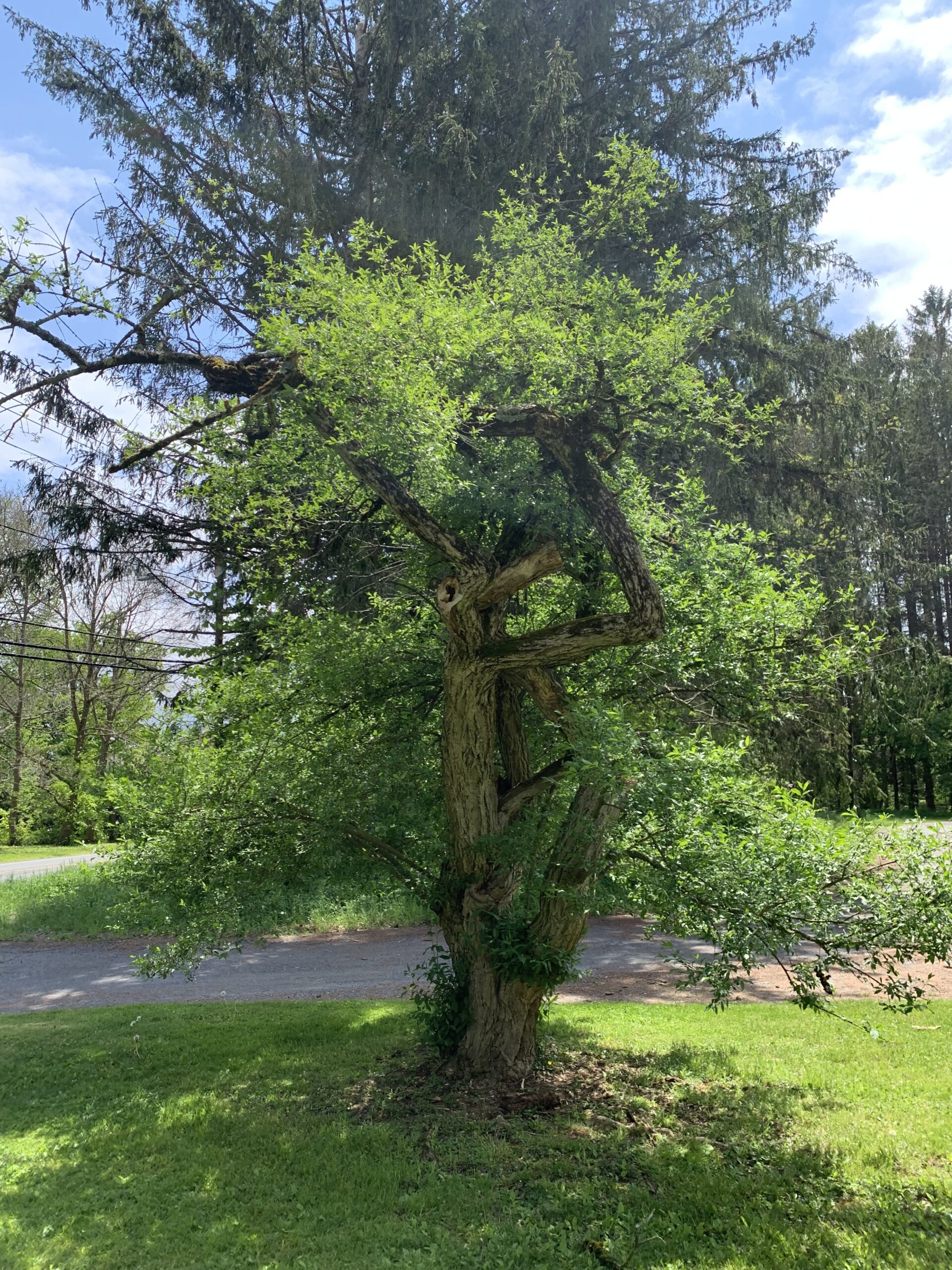And Melville Made A Grove

Moby Dick
I’m not naive enough to think that a writer simply writes. She may put pen to paper, and I admit that this is writing in at least one of its technical senses. But the nature of the stories that need to be written demands something more than technicality. This kind of story lies dormant (or better yet, dreaming) in the texts, rooms, crowds, and landscapes that the writer inhabits.
How to conjure, rather than communicate, is the shadowy task of the writer.
I refuse to let it go without saying that a lot of people have written a lot of things in a lot of places. This inane observation bears phrasing not due to its own significance, but, like an electron’s probabilistic wave function, solely because of a specific and generative observation to be made in its relation.
Or if you, like Melville, prefer Fish In The Sea over the Observer’s Paradox, let us embrace the consolatory other fish in the sea. An honest person will admit that the comfort that lades this phrase has never been about the breadth of piscine options. It’s a prophecy of a Specific Fish, Waiting To Be Hooked (Or Not).
Our specific Fish (here we’re all in Melville’s boat) is Moby Dick.
AH!
It’s no secret that Melville had been trying to write a Romance about a Whale for some time before he moved to the Berkshires in 1850. Some of us don’t think it was a coincidence that he was unable to do so until arriving at Arrowhead.
This tangle of observations about writers and stories and fish in the sea, like so many other religio-mythical ones, achieves something like Sense when a specific mountain enters the picture.
For Melville and his Moby Dick, it’s the Berkshires’ Mount Greylock. For there it blows, double-humped and penetrating the northern horizon, begging (or daring) to be told.
When I saw Greylock from the gravel parking lot at Arrowhead, my Rocky Mountain English-speaking mouth uttered something like Wow, or Whoa, or maybe even an understated Dang! From my own whelmed reaction to Massachusetts highest mountain, it’s not hard to extrapolate Melville (who never saw the Sawtooths)’s more elevated ejaculation; something more dialectically Romantic, something that would look better on a written page.
I swear I heard the Melville in my imagination go Ah!

AHA!
I, who can’t honestly say that I have researched the matter basically at all, can’t say for certain that Melville immediately recognized the form of his hero in Greylock’s horizon-bound bulk. It could just as easily have been the case that the mountain’s initial awe was as much its own as the storms born from its crown. Perhaps it was only later in his conjuring that he recognized the familiar double-hump of the sperm whale in Greylock’s twin peaks.
Even so, if the historical Melville was at all like the version of him I cultivated in my mind during my couple hours at Arrowhead, then I suspect that, by the end of the day at least, Greylock was Moby Dick by Recognition rather than reinvention.
Looking out from Arrowhead’s north-facing porch at the distant imposition of Greylock on the horizon, there was certainly no denying it to myself, and so how could he not have known it down to his bones, as well.
With the realization fully bloomed in his mind, Melville’s transmogrificative writerly power converted his Ah! of recognized majesty into the Aha! of acknowledgement.
AHAB!
Like so many other journeys from Hero to Villain, all Melville’s took was a short climb and a downcast glance. I can hear the AHA! ringing through the vales of his mind as he thumps up the stairs into his second-storey study. He looks at Greylock through the window above his desk. There it still is, waiting.
His eyes leave the mountain on the horizon and seep into the yawning Bible. It lies open to 1 Kings 16. There on the page before him, his Ah!-born Aha! finishes its journey into villainy.
AHAB!
With the biblical discovery of the coda to his syllabic recognition, he must have looked back up to Greylock for confirmation. He bends back down to read, in awe of the confluence inside him.
His eyes flick over the litter of Ahabs across the page.
And Ahab the son of Omri did evil in the sight of the LORD above all that were before him
And he took to wife Jezebel
And he reared up an altar to Baal
And then the nail in the coffin.
And Ahab made a grove.
I think back to Melville’s spruces. His grove. Which he made. Which makes him Ahab. Which makes his grove a story in the landscape, a clue that points to the mountain and the sea and our place between them. Like all stories should.

